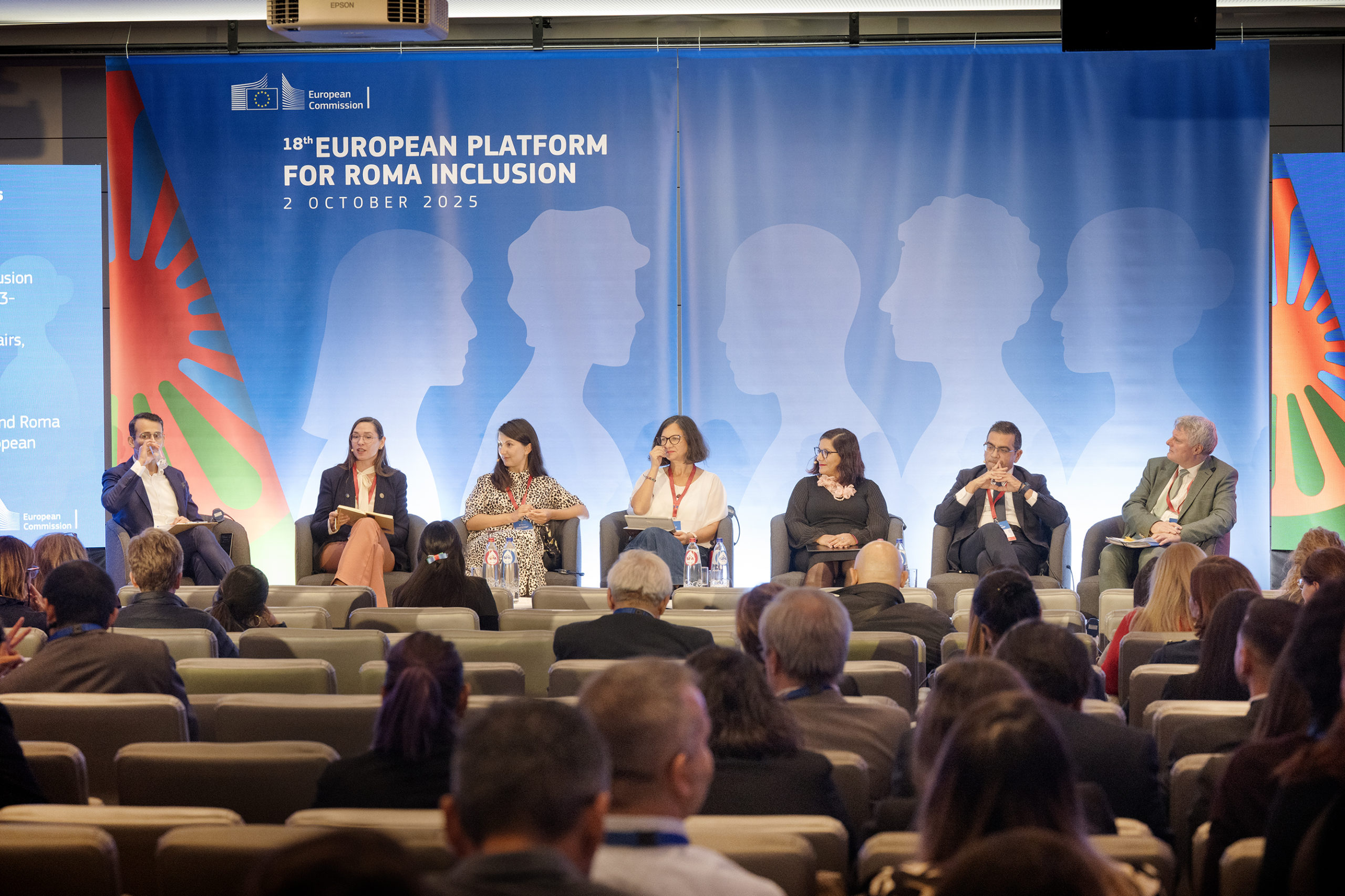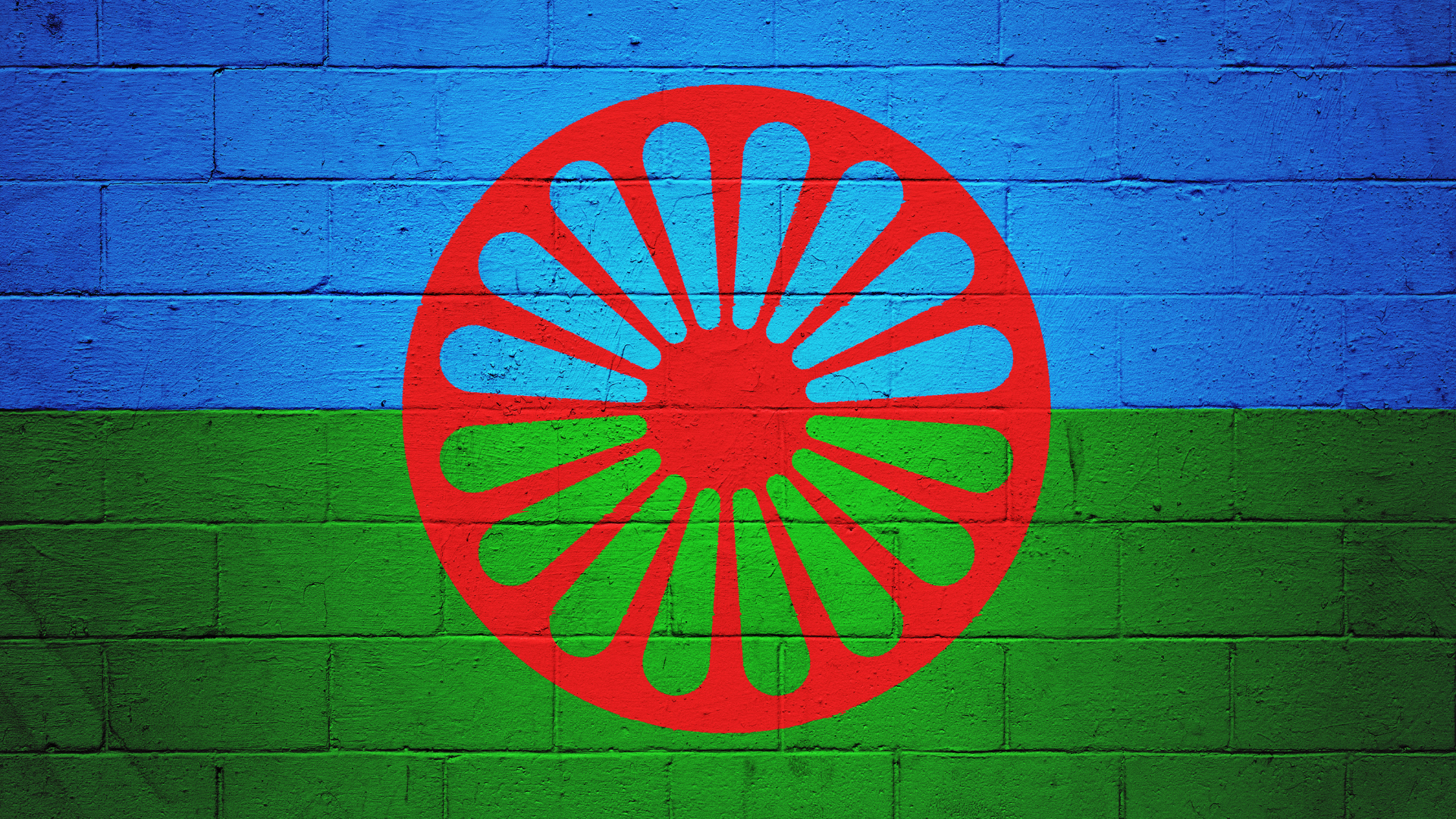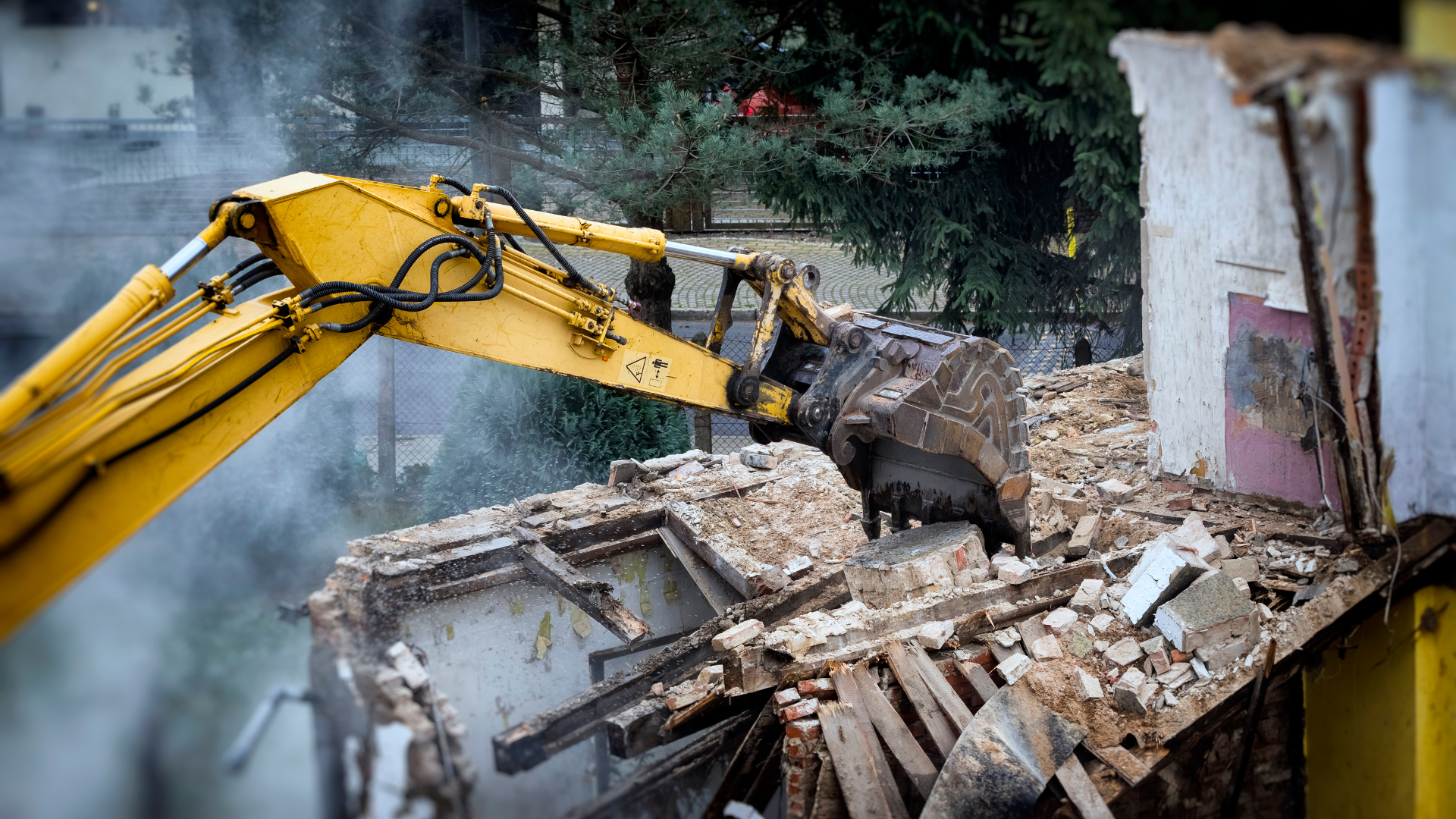OSF consults Roma children on the EU Strategy on children’s rights and the Child Guarantee
The Open Society Foundation has organised consultations with Roma children through different NGOs on the EU Strategy on children’s rights and the Child Guarantee.
Throughout November, the Open Society Foundation has reached out to organisations working with Roma children in Romania, Bulgaria, North Macedonia and Serbia to enable Roma children to meaningfully engage in these consultations.
On October 24, the LARGO Association in Bulgaria organised a session with Roma boys and girls aged between 14 to 17, from the Romani neighbourhood Iztok, in Kyustendil. Together, the children discussed European policies for children and young people and they came up with a few suggestions to shape education, nutrition, transportation, health and technology. The children demanded:
- equal access and better quality education for Roma children;
- more music classes and clubs for Roma children;
- more nutritious food in school meals;
- improved transportation systems for schools;
- implementation of more free-WiFi areas;
- better prophylaxis for younger children and teens.
Watch the full video with their recommendations:




